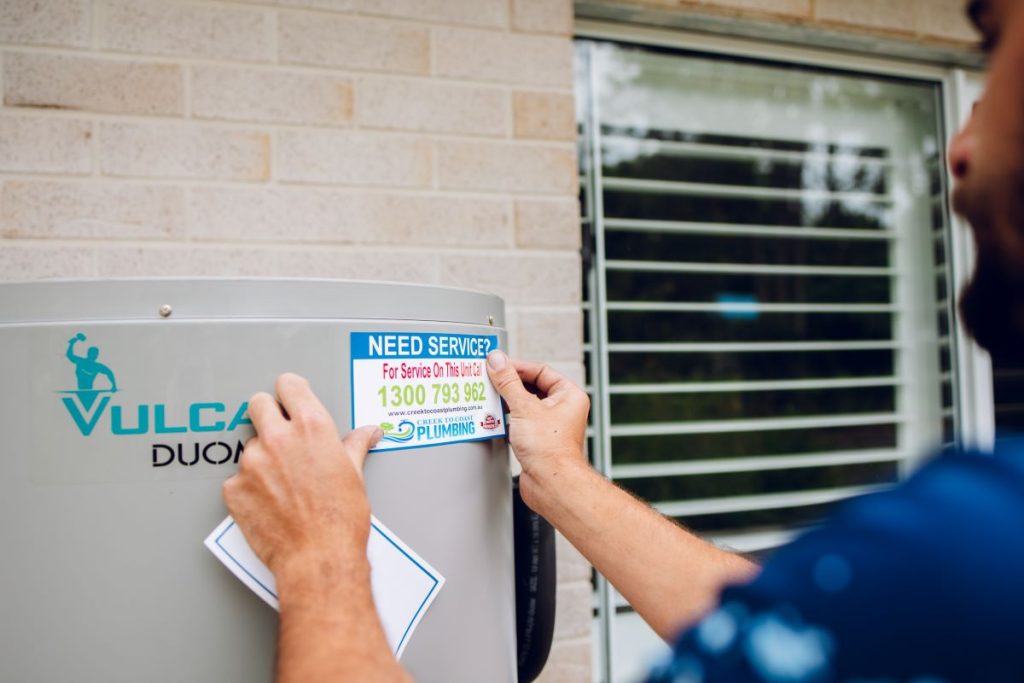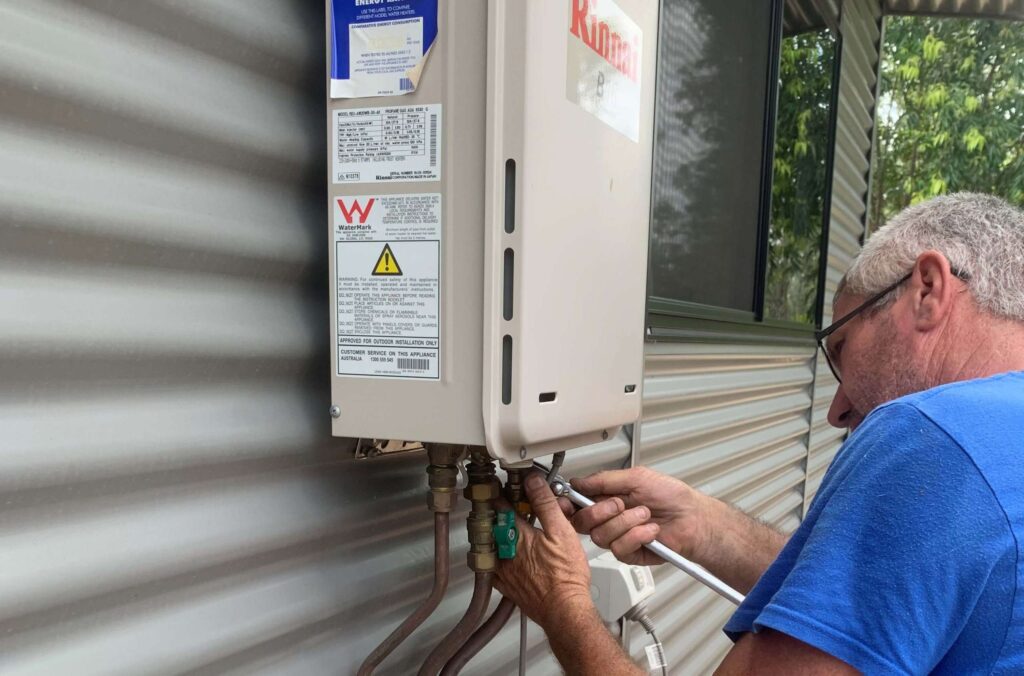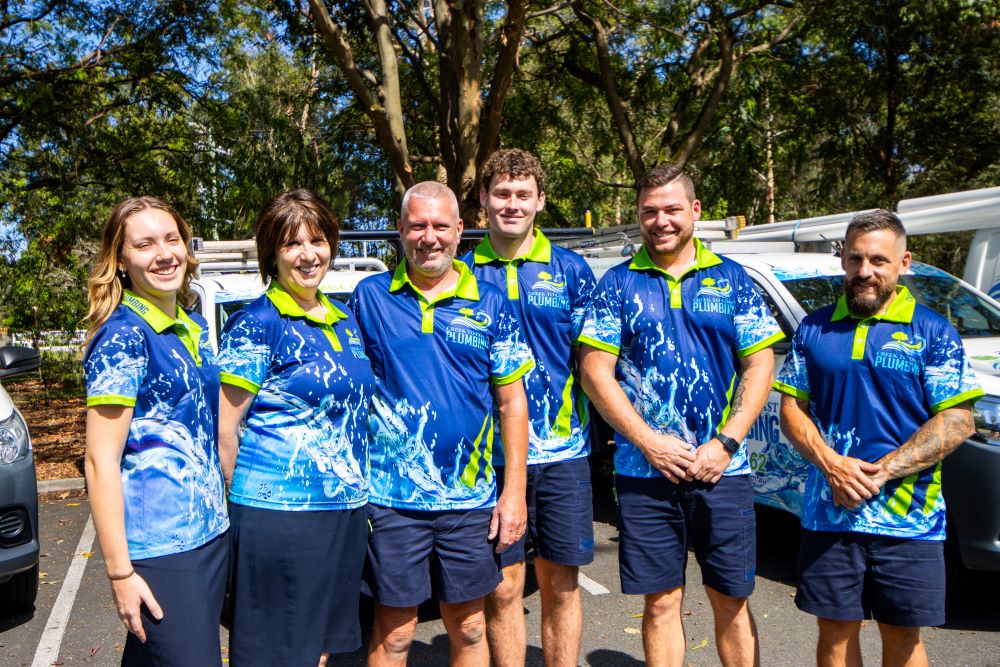If you’re contemplating the installation of a solar hot water system in Queensland, understanding the significance of booster systems is essential. It’s crucial for homeowners to ascertain whether these systems are truly necessary for their solar hot water setup. What complications might arise if you choose to omit this vital component? Resolving these inquiries is imperative for anyone looking to enhance their hot water efficiency and secure a consistent supply throughout the seasons.
The answer is a definitive yes — a booster is absolutely essential. In this detailed guide, we will explore how solar hot water systems operate, the specific conditions that trigger boosters, and the crucial information homeowners in Queensland need to know to avoid unexpected cold showers and ensure a dependable hot water supply all year round.

Discover Why Boosters Are Essential for Your Solar Hot Water System
A booster serves as a secondary heat source, normally powered by electricity or gas, that effectively heats your water supply when solar energy is insufficient. This functionality is critical for ensuring that you have a reliable supply of hot water during various circumstances, including:
- Overcast or rainy days when solar energy production is limited
- Early mornings or late evenings when sunlight is scarce
- Winter months characterized by shorter daylight hours, reducing solar gain
- High-demand scenarios, such as during multiple showers or laundry loads
Without a booster, your solar hot water system may struggle to provide consistent hot water, especially during peak usage times or adverse weather conditions. Therefore, understanding the role of a booster is indispensable for enhancing your hot water experience and ensuring comfort within your home.
Choosing Between Electric and Gas Boosters for Optimal Performance
Electric Boosters are commonly utilized in homes that rely solely on electricity. These systems automatically heat the water whenever the solar input drops below a predetermined threshold. The advantages of electric boosters include:
- Widely accessible and easy to install, making them a preferred choice among homeowners
- Lower initial installation costs compared to gas systems, making them more budget-friendly
- Operates automatically to ensure hot water availability, greatly enhancing convenience
- Potentially higher running costs, which can vary based on your energy tariff structure
Gas Boosters, conversely, are typically preferred in households that already have a gas supply. They provide on-demand heating, meaning they activate only when hot water is required. The benefits of gas boosters include:
- Rapid and efficient heating capabilities, delivering hot water quickly
- Tend to have lower running costs compared to electric boosters, leading to substantial savings
- Higher initial installation costs if there is no existing gas connection, which may require additional investment
For households with continuous-flow needs or those transitioning from off-grid solar systems, we highly recommend considering gas boosters due to their efficiency and superior performance benefits, ensuring that your hot water requirements are consistently met.
Integrating Solar Boosters Seamlessly with Your Hot Water System
Most solar hot water systems are equipped with a thermostat or sensor that continuously monitors the water temperature. If the temperature falls below the required level—typically set at 60°C for health compliance—the booster will automatically engage to guarantee access to hot water, regardless of external conditions or weather changes.
Homeowners can choose between two options:
- Manual Boosting: This option allows you to control when to activate the booster, providing you with greater flexibility.
- Automatic Boosting: The system activates the booster only when necessary, offering enhanced convenience for users.
In Queensland, automatic boosters are more frequently utilized due to their compliance with local regulations and the convenience they provide homeowners, ensuring peace of mind and a reliable hot water supply.

Key Regulations Governing Solar Hot Water Systems in Queensland
Indeed, according to the Queensland plumbing regulations, it is mandatory for a compliant solar hot water system to reliably deliver hot water throughout the entire year. This requirement inherently indicates that a booster is essential for both compliance and functionality.
This regulation also represents a vital safety standard. To prevent the proliferation of harmful bacteria such as Legionella, hot water must consistently reach a minimum temperature of 60°C. Without a booster, maintaining this temperature becomes increasingly difficult, particularly during cloudy or cold days when solar input is limited.
Recognizing Common Problems with Your Solar Booster System
So, how can you ascertain whether your booster is malfunctioning? Keep an eye out for these common signs:
- Water that remains lukewarm during the colder winter months, indicating a potential issue with heating
- Experiencing cold showers in the mornings, even after sunny days, suggesting inadequate heating capabilities
- System fault lights or error codes appearing on your unit, indicating possible malfunctions
- Hot water available only after extended exposure to sunlight, implying insufficient heating performance
What steps should you take?
If your system is not performing as expected, the issue may lie with the booster rather than the solar panels themselves.  Schedule a comprehensive system check with our professional team to efficiently identify and resolve any issues.
Schedule a comprehensive system check with our professional team to efficiently identify and resolve any issues.
Scheduled Maintenance for Your Solar Boosters: Recommendations
To ensure that your solar system and booster function at their best, we recommend scheduling maintenance every 2–3 years. However, it may be necessary to have it serviced sooner if you notice:
- Your system is over five years old, which can lead to decreased efficiency
- Inconsistent water temperatures, indicating potential malfunctions or wear
- A significant amount of time has elapsed since the anode rod or valve was inspected, which can impact overall performance
Regular maintenance not only helps to avert breakdowns but also ensures that your booster activates when necessary, providing you with consistent hot water when you need it most, thus enhancing your overall comfort and satisfaction.
Evaluating the Financial Impact of Boosters on Your Energy Bills
A properly installed and well-maintained booster system generally has a minimal impact on your energy expenses, especially when compared to systems that rely solely on electricity for heating water. This efficiency is crucial for managing household costs over time.
To minimize the frequency of booster usage and related expenses, consider implementing the following strategies:
- Install a timer for manual boosters to optimize energy usage effectively and minimize wastage
- Utilize hot water primarily during daylight hours when solar energy is plentiful and more cost-effective
- Insulate your pipework to reduce heat loss, enhancing overall efficiency and lowering energy consumption
Expert Support for Your Solar Booster Requirements in Queensland
We offer comprehensive services for the supply, installation, and maintenance of solar hot water systems with boosters throughout Caboolture, Moreton Bay, and North Brisbane. If you’re uncertain about the functionality of your booster or need assistance in determining the most suitable type for your system, we are here to guide you through your options and ensure you make the right choice.
 Contact a qualified solar plumber today for expert advice regarding your system.
Contact a qualified solar plumber today for expert advice regarding your system. Explore detailed cost comparisons and various system types here to make an informed decision that best meets your needs.
Explore detailed cost comparisons and various system types here to make an informed decision that best meets your needs.

Comprehensive Answers to Your Frequently Asked Questions About Solar Boosters
Can I turn off my booster to save energy?
Yes, you can, but this is only advisable if your system allows for manual control. However, proceed with caution—without proper monitoring, the risk of experiencing cold water increases significantly, especially during peak demand times.
What is the ideal temperature for hot water?
Hot water should reach a minimum of 60°C for storage systems. This temperature is not only a legal requirement but also a critical health standard in Queensland to ensure safety and prevent bacterial growth, making it vital for homeowner awareness.
Is it possible to retrofit a booster onto an existing solar system?
Absolutely! We can retrofit boosters onto compatible systems or assist you in upgrading to a new model that features integrated control for enhanced functionality and efficiency, ensuring that your hot water needs are effectively met.
The Article: Solar Hot Water Systems: Is a Booster Necessary? first appeared on https://writebuff.com
The Article Booster for Solar Hot Water Systems: Is It Needed? Was Found On https://limitsofstrategy.com
The Article Booster for Solar Hot Water Systems: Do You Really Need It? First Appeared ON
: https://ad4sc.com
2 Responses
Ah, the infamous cold shower conundrum—truly the bane of any Queenslander’s morning routine! I remember one particularly chilly winter morning, convinced I could tough it out without a booster, only to emerge feeling like an ice cube. It’s like that old saying: “Life’s too short for tepid water!”
Ah, the quest for hot water perfection—nothing quite like stepping into a lukewarm shower on a chilly Queensland morning to remind you of the importance of boosters! It’s like inviting a friend over for dinner and forgetting to tell them it’s potluck—everyone’s left feeling a bit cold and disappointed.